A blog by Raise Mentor Kris Jones
The product isn’t yours. You heard me. That’s got your attention.
Ok, so having been through a bit of a journey myself with Magic Sauce, helping start-ups with their products and being a complete nerd for all things product related in Tech, I was fortunate to catch up with some real product experts recently.
Tom Haczewski of UX/UI experts The User Story, Tom Mulholland and Kris Jones (there’s two of us…so yeah, two Tom’s & two Kris’s…who’d have thunk it).
We shot the breeze over a virtual coffee trying to see if we could mitigate the stuff that startups commonly get wrong or could do better to help people get into good habits early.
I went in at the deep end right from the get-go.
“What are the common mistakes and misunderstandings that people make when developing an early-stage platform?”
Tom H said, “a lot of startups kick things off with developing a product before fully understanding the user, how they’ll use the product and their entry point to the product”. Tom M agreed, saying “Domain experts can make the mistake of assuming they’ll know what users want. It burns more money in the long term.”
Another thing they both agreed on was the lack of testing (particularly User Acceptance Testing). As Tom M put it, “People don’t envisage the full knock on effects of what they do at an early stage. The core team have to own it and test, test, test. Often they release a product too late, creating further issues and development spikes and reworks (and costs).
People don’t imagine the knock on effect in terms of support costs & work after formal release.”
Tom H also said that having a high level product roadmap is fine but if you haven’t engaged with your potential users from the get-go, it’s worthless. “There’s a sunk cost fallacy around early-stage tech. If you’ve built the wrong thing, get off the bus, rebuild it. You’ve got to remember that the path of least resistance for you isn’t the path of least resistance for the end users.”
This is something I’ve seen myself, and you really can’t be wedded to your MVP, whatever shape or form it takes. If it gets you a proof of concept that got people to say, “yep, I’ll pay for a product that does this by a company that I really dig”, then it’s done its’ job. Bin it and start on V2 if you need to. You then need to test and iterate until you get it right. You’re building it for your users, not you, so listen to them. Sticking go faster stripes on a pig won’t make it better, it’s just a pig in go faster stripes.
I don’t have the money for fancy stuff in the early stages
I’ve made my own mistakes here with my own platform concept, thinking that people would pay a lump sum premium for something. I talked to the audience and while some would pay for it, the majority wouldn’t. I also looked at the potentially astronomical marketing costs of acquiring customers and knew that wouldn’t work. So I had a look at who else had the same problem, worked out how many users they could give me access to and pivoted the product to a subscription product with higher stickiness and ongoing engagement to match the Customer Lifetime Value of my original concept. It started with the users.
Cost of research – £0
Benefit of research – Massive
Both Toms agreed that in the early stage, if you haven’t got the money to spend on research and testing, then do it yourself.
If you can execute and have some customers who’ll come on board at an early stage because they believe in you and what your product could achieve then execute and get it out there. Then they’ll tell you what they like and don’t like.
They also both agreed that as well as the potential end users, talk to the people who’ll actually pay for the product, and work out a chain of who it will impact and how. That way you can start to structure early feedback loops to make sure that the product works for:
- The user
- The poor sod paying for it/basking in the glory of implementing this new technology that will save time and money
- The ones that have to manage it/provide data on its’ effectiveness
In short, who does your product have an impact on, how and why?
They’re the people you’ll be building your product for, not you. Talk to them. A lot.
Product Owners and Product Experts
At the earliest point you can, you need to hire a good Product Owner/Manager or an agency that knows what it’s doing also. It’s worth more than a CTO in many ways during the early stages because whoever is owning that product will have the following in their armoury generally:
- The ability to understand tech stacks, issues, development timelines, etc.
- The ability to see both commercial issues and development issues
- Has the user at the core of everything they do by default
- Looks at things from a quantitive and qualitative perspective so you’re mitigating finger in the air decisions or development going ‘off piste’ due to scope creep (adding at least 25% to your development costs)
As someone who’s watched start-ups pull themselves apart over the development of their early platform iterations, I see firsthand that most scope creep wouldn’t even exist with a decent agency or product owner standing over the scope & development process. If you’re committing to a sizable and complex tech build and you’re committing a lot of money to it (and lucky enough to have it), then you need to get someone into that slot before you spend a penny.
Your CFO/Accountant and CMO/Agencies will thank you too when they see that you’ve:
- Saved money
- Created a path to market to those customers from the get-go
Tom, Thomas and both Kris’s are mentors on the Raise Ventures Accelerator programme, helping cohorts on a variety of subjects.
Tom H is a specialist in user experience design and consultation, with a broad knowledge of web-enabled devices and optimising conversions. I’ve led successful teams of developers and designers, built powerful large-scale applications and systems, developed and nurtured small businesses and startups, and worked with clients big and small.
Tom M is a sustainable technology expert with experience in Product Development and Software Development, he is a director at Net Zero NI who are a technology and sustainability consultancy based in Belfast, Northern Ireland. Helping businesses to accelerate in the journey to net zero emissions, understand the stakeholder role they play in society and create a positive impact on profitability, community and planet.
Kris Jones (not me) is VP of Engineering at Hurree. Passionate about product, technology, teaching and mentorship. Kris leads the engineering team and works very closely the C-Levels and product. With over 10 years industry experience and 5 years in top leadership positions, Kris is well versed in building, nurturing and leading technology teams. A key aspect to Kris’ success has been his ability to consistently bridge the gap between technical and non-technical leaders to effectively communicate and drive the business forward through the use of technology.
Kris Jones (me) is a Raise Mentor, Country Manager & EIR for NeoITo and CEO of MagicSauce.online. I’ve helped start-ups that have raised £35m at an early stage in the last 5 years.

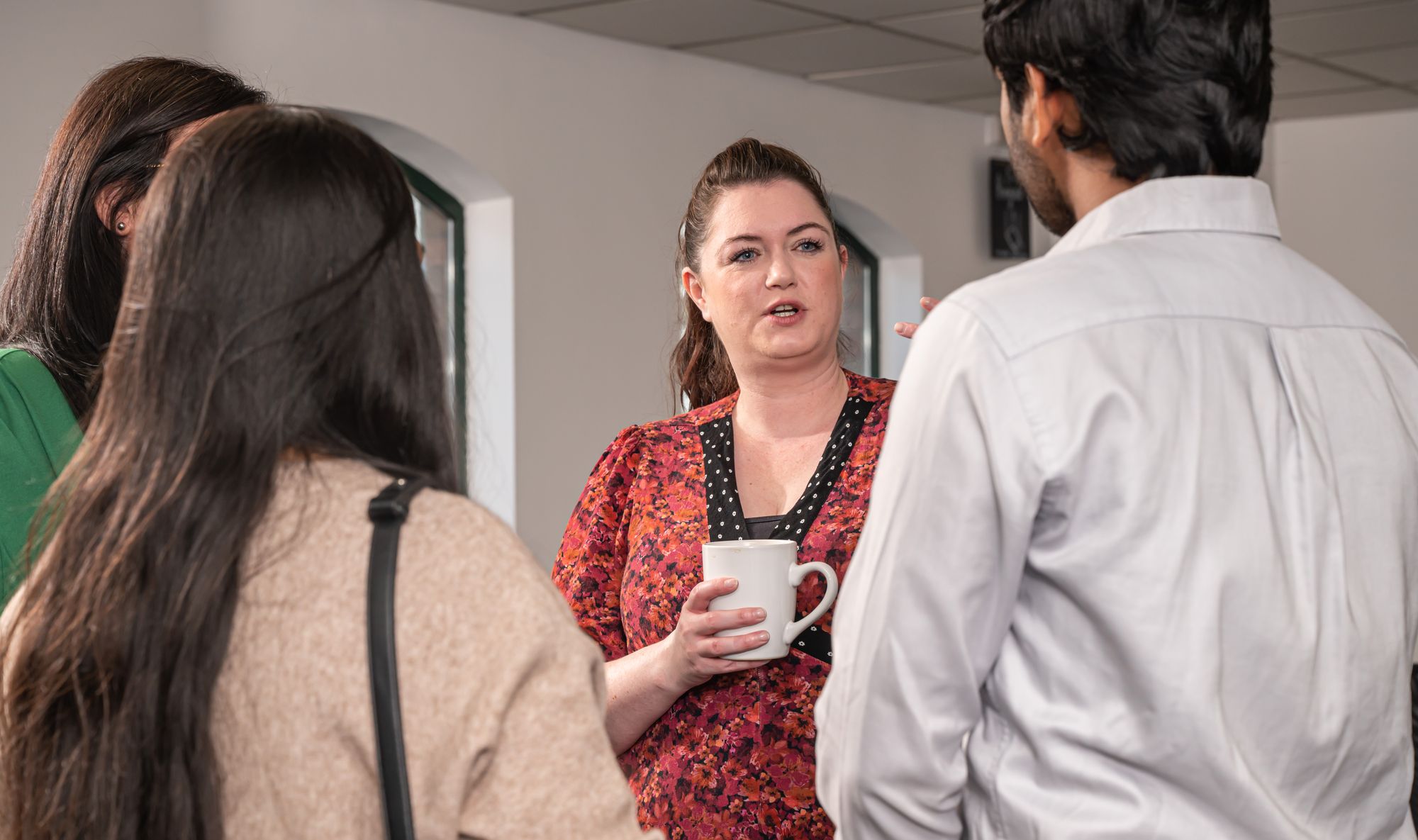



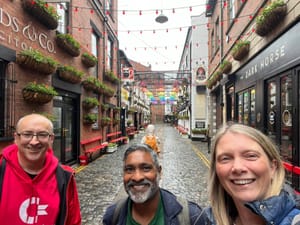



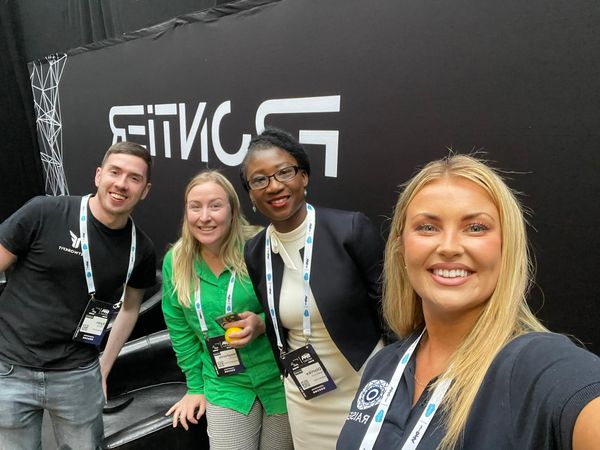
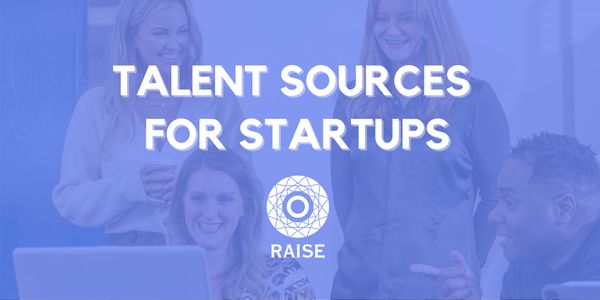
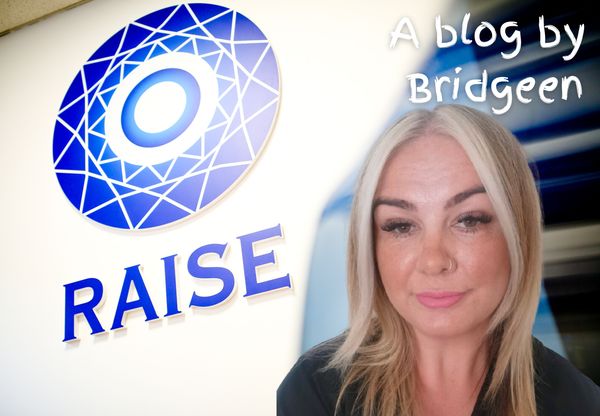
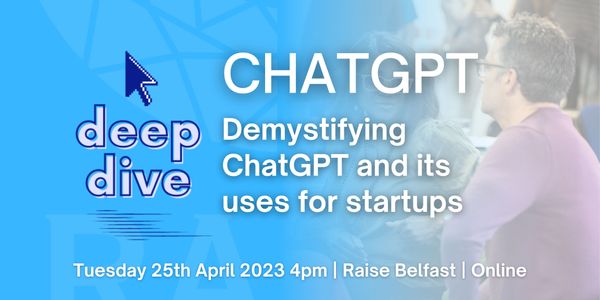
Member discussion